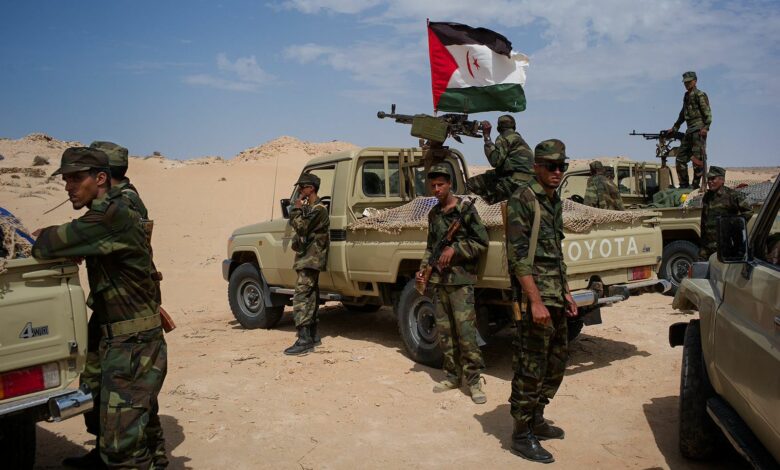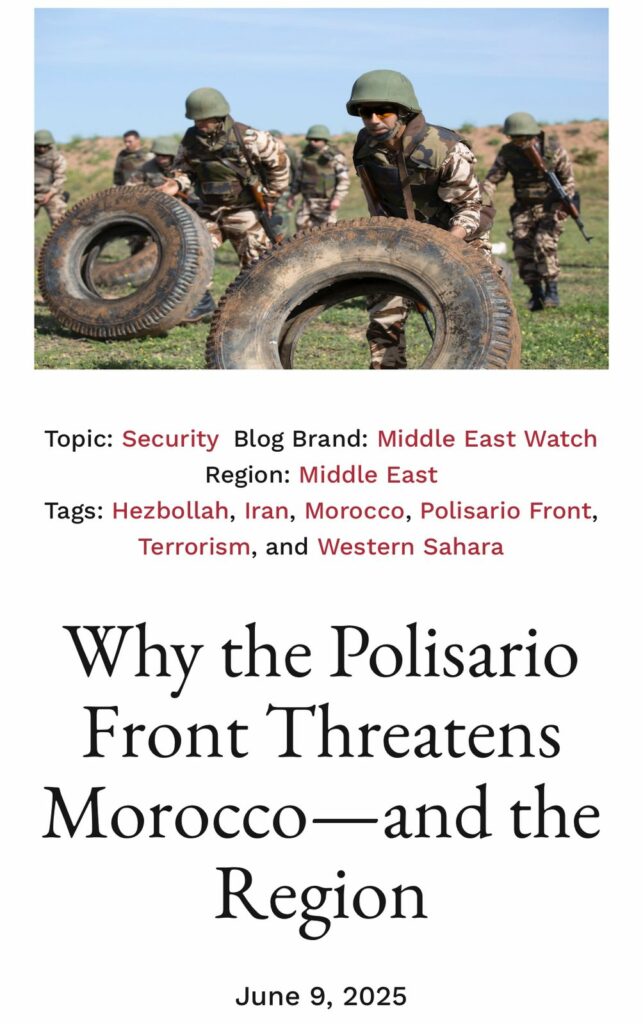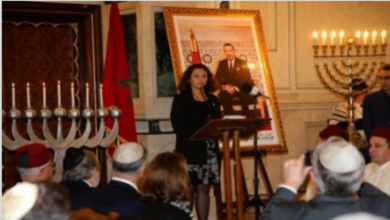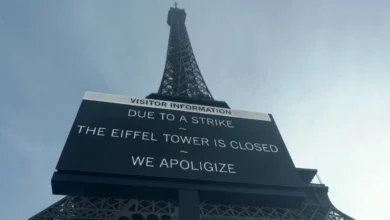Investigation by a Washington-based American Research Center: Polisario Front Allied with International Terrorism, Threatening the Security of Morocco, the Region, and Europe

ALDAR/
A report released by the American research center Center for the National Interest, headquartered in Washington, reveals alarming facts linking the Polisario Front with international terrorist networks. This raises concerns that Western Sahara could become a new hotspot of instability in North Africa.

The investigation, published under the title “Why the Polisario Front Threatens Morocco and the Region,” is based on compelling evidence confirming the separatist group’s direct involvement with extremist organizations, notably Iran-backed Lebanese Hezbollah and jihadist groups operating in the Sahel and Sahara regions.
The report highlights documented communications between Mustapha Mohamed El Amin El-Kitab, the Polisario representative in Syria, and Hezbollah members, in which he expressed support for the Hamas attack on Israel on October 7. He also called for a unified front including Gaza, southern Lebanon, the Golan Heights, and even Western Sahara. More alarmingly, he explicitly requested support from Iran and Hezbollah to carry out terrorist attacks inside Morocco, including targeting the Israeli embassy.
The report also cites statements by Moroccan Foreign Minister Nasser Bourita, accusing Iran of supplying the Polisario with kamikaze drones in an effort to destabilize the region. These accusations have been repeatedly supported by Western intelligence reports, notably from Germany.
The investigation sheds light on the dangerous transformation of the Polisario Front, which has evolved from a Marxist-nationalist movement—formerly supported by Cuba and Gaddafi’s Libya—into a faction allied with some of the region’s most dangerous extremist actors. The Tindouf camps, located in southwestern Algeria under Polisario control, have become breeding grounds for jihadist recruitment and sanctuaries for terrorist networks active in the Sahel, such as the Islamic State in the Greater Sahara, whose former leader claimed to have been a Polisario member.
The report also points out that the Polisario Front ended a 29-year ceasefire in 2020 and has since carried out several attacks targeting Moroccan civilians. It is also accused of serious violations, including the recruitment of child soldiers in the camps by denying them access to education and forcing them into military training.
In the face of this growing threat, the international community is increasingly convinced that an independent state under Polisario control would pose a real danger to regional and global stability. Several countries have clearly expressed support for Morocco, including recently the United Kingdom, which joined the United States, France, and Israel in recognizing Moroccan sovereignty over Western Sahara, while Syria has recently withdrawn its support for the Polisario Front.
The report concludes that any rollback by the United States on its recognition of Moroccan sovereignty over Western Sahara would effectively give a green light to extremist groups to establish a new foothold in the region, at a time when Rabat plays a pivotal role in counterterrorism efforts and maintaining stability in North Africa.
The Center for the National Interest is one of Washington’s most influential think tanks. Founded in 1994 by former U.S. President Richard Nixon, it specializes in foreign policy and national security issues. It publishes the strategic journal The National Interest and is known for its realistic approach to international relations, with special focus on the Middle East, Russia, and China.





